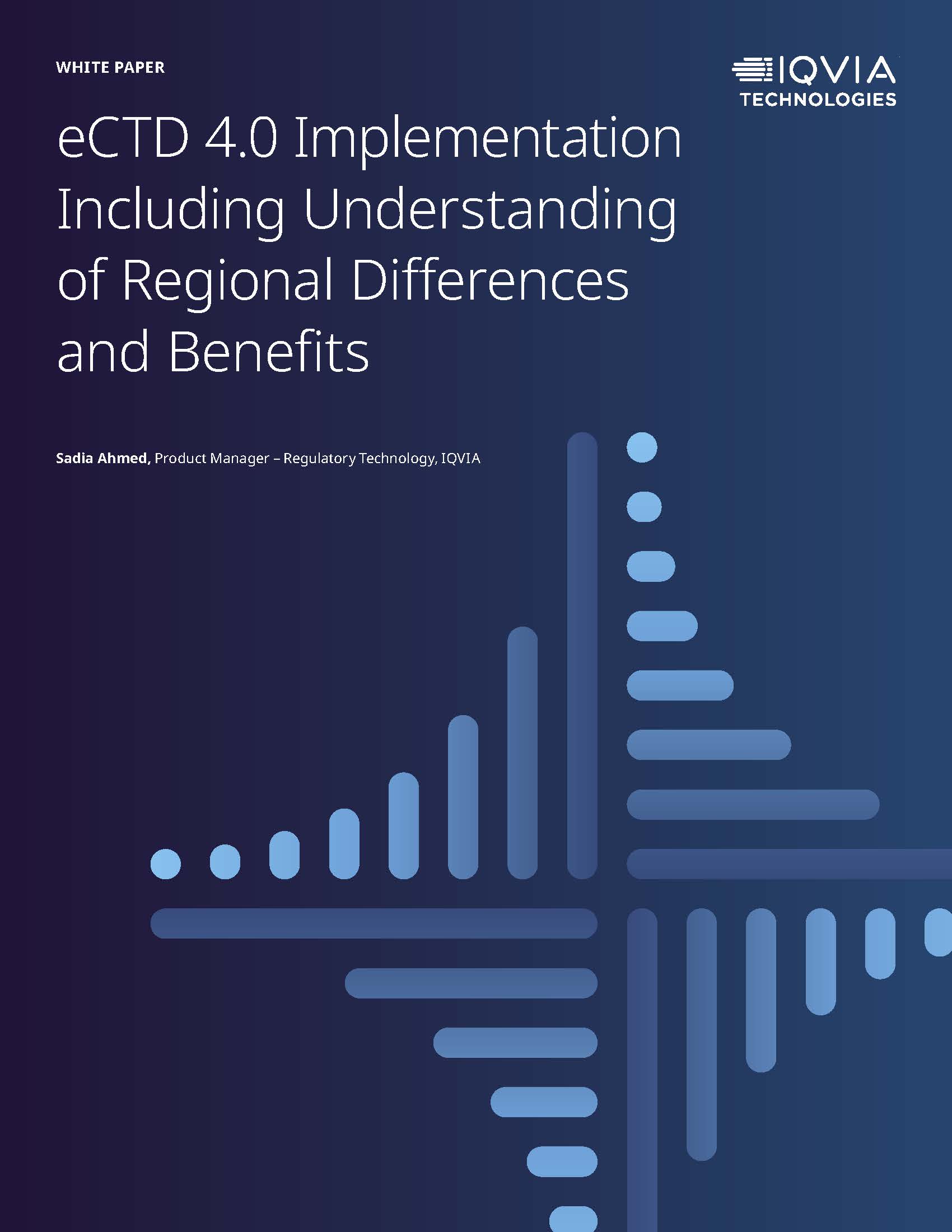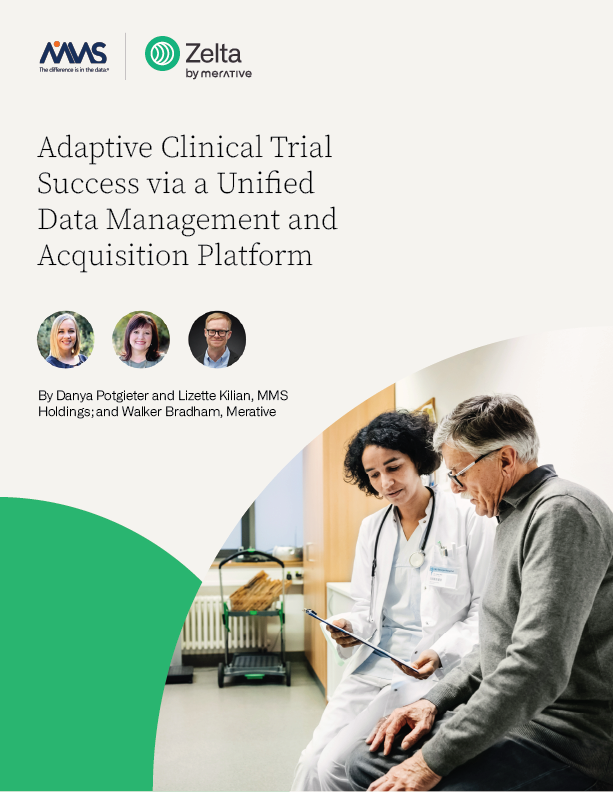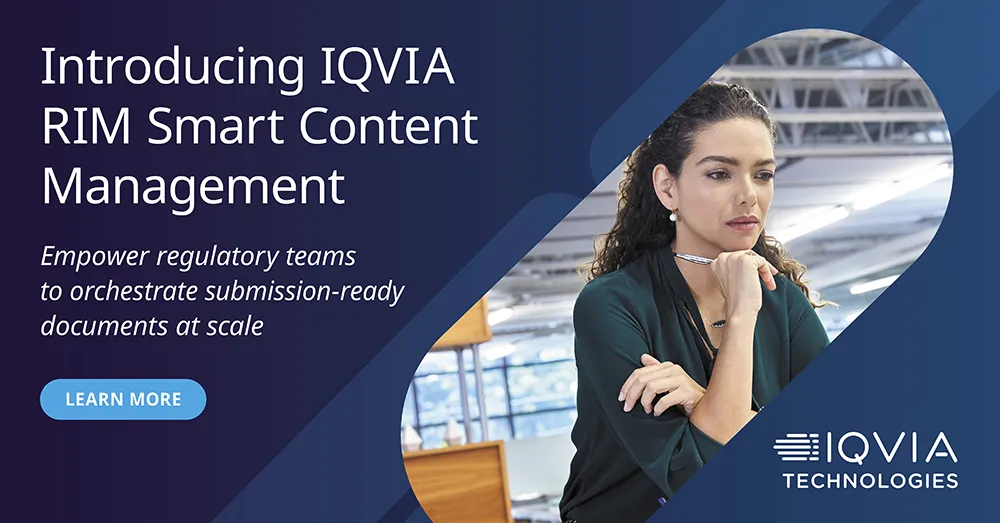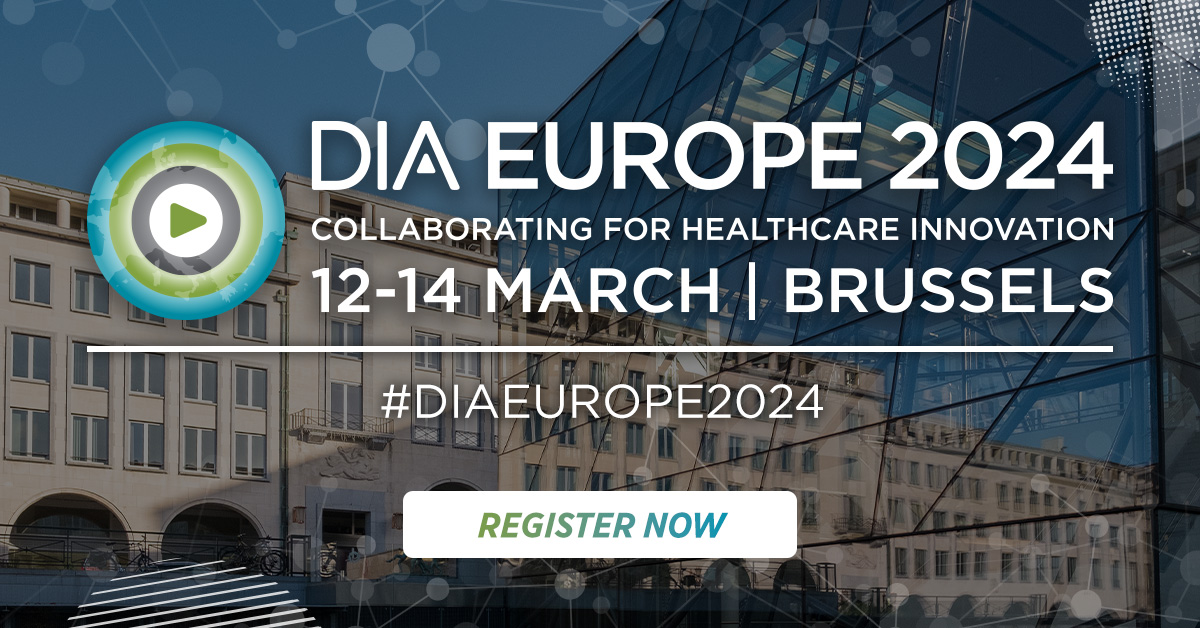Table of Contents
- Feature Articles
- Autumn’s Story: A Pediatric Patient and Caregiver Journey
- Working With Patient Councils to Mitigate Drug-Related Risks
- A Novel Approach: Leveraging the Affective Trust Framework
Developing a Sponsor-Specific Clinical Trial Diversity Playbook
- Predictive Biology Moves Towards Predictive Medicine
- Special Section: AI in Clinical Research
- Introduction: Defining Intelligence Shaped by Subjective Perceptions
- Part 1: Catalyzing AI In Clinical Research for New Cures
- Part 2: Essential Characteristics for AI Impact in Clinical Research
- Part 3: How AI Can Finally Address Notorious Clinical Trial Site Burdens
- MEETING HIGHLIGHTS: DIA Global Annual Meeting 2023
- Advancing Solutions for ALS Part 1: Biomarkers, Surrogate Endpoints, and Patient Preferences
- Advancing Solutions for ALS Part 2: A Framework for Prioritizing Treatment R&D
- MEETING HIGHLIGHTS: DIA Real-World Evidence Conference 2023
- Beyond Data: Navigating the Real-World Evidence Landscape
Insights, Collaboration, and Global Impact
- WE ARE DIA
- DIA Congratulates Japan 2023 Regional Inspire Award Winners
- Bioethics Co-Chairs Review Community Roots and Preview Future Growth
- AROUND THE GLOBE
 Video: New IRB/EC Toolkit: Streamlining Ethical Review of DCT Applications
Video: New IRB/EC Toolkit: Streamlining Ethical Review of DCT Applications- The Evolution of US FDA Diversity Requirements in Clinical Research
 Video: Women in Health 2023: Curious, Persistent, Resilient
Natalia Ledo Husby, CluePoints
Video: Women in Health 2023: Curious, Persistent, Resilient
Natalia Ledo Husby, CluePoints- WHITE PAPERS
- IQVIA: eCTD 4.0 Implementation: Including Understanding of Regional Differences and Benefits
- Merative: Adaptive Clinical Trial Success via a Unified Data Management and Acquisition Platform
- EXECUTIVE LEADERSHIP
- Editorial Board
Subscribe
Love Global Forum’s new online format? Subscribe today and never miss an issue.
Editorial Board
Content stream editors
Gary Kelloff US National Institutes of Health
Ilan Kirsch Adaptive Biotechnologies Corp.
regulatory science
Isaac Rodriguez-Chavez Independent Consultant
Patient engagement
Chi Pakarinen MediPaCe
Natasha Ratcliffe Patient Engagement Specialist
Thomas Smith Independent Patient Consultant
Data and Digital
Lisa Barbadora Barbadora Ink
Young Professionals Editor
Editorial Staff
Sandra Blumenrath, Managing Editor, Scientific Publications DIA Scientific Communications
Chris M. Slawecki, Managing Editor, Global Forum DIA Scientific Communications
Linda Felaco, Copy Editor and Proofreader
Regional Editors
David Mukanga Bill and Melinda Gates Foundation
ASEAN
Jin Shun Sandoz
AUSTRALIA/NEW ZEALAND
Richard Day University of New South Wales, Medicine, St. Vincent’s Hospital
CHINA
Ling Su Shenyang Pharmaceutical University, Lilly Asia Ventures
Europe
Julie O’Brien Pfizer
INDIA
J. Vijay Venkatraman Oviya MedSafe
JAPAN
Ozawa Goshi Real Discovery Outdoors Co,. Ltd.
LATIN AMERICA
Cammilla Gomes Roche
USA
Ebony Dashiell-Aje BioMarin
DIA Membership
Bringing together stakeholders for the betterment of global health care.
here are few things that a parent dreads more than having a sick child. But the journey to diagnosis and recovery for what could be a child’s fatal illness can be even more difficult.
When her 8-year-old daughter Autumn was diagnosed with Stage 2 T-cell acute lymphoblastic leukemia (T-ALL), Ebony Dashiell-Aje knew that their family was about to venture down a challenging road. But she didn’t anticipate how Autumn’s outlook would help lead their family through their darkest days, or help encourage others through a documentary of their experience titled Autumn’s Story.
In the following interview, Ebony shares three perspectives on Autumn’s road to diagnosis, treatment regimen, and recovery: as a pharmaceutical industry professional leading patient-centered outcomes research, as a pediatric oncology patient caregiver, and as Autumn’s mom. The video documentary and our audio interview with Autumn are embedded within this interview.
Cristiane Carvalho, Lais Ribeiro, Raphael Pareschi
Roche Brazil
very authorized medicine has potential benefits and potential risks; its benefits must outweigh its risks for it to be licensed and remain in the market. We can improve the balance between benefit and risk by minimizing the risks, especially those that are serious and may substantially impact patient safety. Risk mitigation can be substantially improved by engaging patients in co-creating educational materials on the medicines they use.
Developing a Sponsor-Specific Clinical Trial Diversity Playbook
Acclinate, Inc.
here is increasing agreement that aiming for health equity through inclusive clinical research is in the best interest of patients. This renewed focus from research sponsors on diversifying their clinical trials has also been driven by new laws (i.e., the December 2022 Food and Drug Omnibus Reform Act – FDORA, sections 3601-3604) and regulatory guidance (i.e., the April 2022 FDA Draft Guidance to Industry on Diversity Plans to Improve Enrollment of Participants from Underrepresented Racial and Ethnic Populations in Clinical Trials) that require submission of diversity plans to FDA prior to the start of pivotal studies.
Edison T. Liu
The Jackson Laboratory
he major truism accepted by all is that biology is complex. Yet, since the 19th century, the major experimental focus in biology has been reductionist, which is to isolate component parts, divine their individual function, and then use this knowledge to extrapolate the behavior of the larger system. With the advent of comprehensive genomic, proteomic, and metabolomic technologies powered by advanced computational approaches, all possible genes have been mined, and each resultant mutant molecule or pathway can be inferred.
White Paper
White Paper
Special Section: AI in Clinical Research
AstraZeneca
efining intelligence, whether natural or artificial, remains a realm shaped by subjective perceptions. Intelligence is often measured by the yardstick of reasoning, with mathematics serving as the benchmark for such logical processes. While deep learning artificial intelligence (AI) language models excel at pattern recognition, they currently struggle with reliably solving even eighth-grade mathematical problems. Two quotes worth considering from a human utility standpoint are George Box’s “All models are wrong, but some are useful” and Lord Kelvin’s “To measure is to know. If you cannot measure it, you cannot improve it.”
Special Section: AI in Clinical Research Part 1
Catalyzing AI In Clinical Research for New Cures
Medable
hat does the path to eradicating all human disease look like?
Almost two years ago, I asked this question in a blog titled “Accelerating the path from possibility to proof in the development of new medicines.” I wrote that leveraging our most advanced tools would drive new synergies at the intersection of safety, science, and speed and usher in a new era of drug development to save and improve countless lives. Today, we are here. Today, we stand at the threshold of a new era of scientific development fueled by artificial intelligence and machine learning (AI and ML).
Lokavant
rtificial intelligence/machine learning (AI/ML) has been leveraged in various industries for decades, but generative AI (GenAI) has recently emerged to offer new use cases in life sciences. Ultimately, GenAI—or any other form of AI—is not going to meet today’s lofty expectations if it does not provide a tangible return on investment (ROI).
Advarra
ecent years have seen a dramatic increase in new clinical trial technologies. These tools, layered onto sites’ daily workflows, are meant to capture more high-quality data as well as alleviate the traditional burdens of trial operations.
White Paper
White Paper
Part 1: Biomarkers, Surrogate Endpoints, and Patient Preferences
Harvard Medical School
ALS Patient Advocate
Harvard Medical School
Sanofi
Amylyx
DIA
Massachusetts General Hospital
Cytokinetics
DIA
t’s not just about survival, it’s about increasing or maintaining function as a patient. While you’re still able to, you know, give a hug to a child, or take a sip of water, … the focus seems to be on survival. And I agree, that is the end game. But functionality until you get to the cure is equally important.” —Steven Kowalski, ALS patient and patient advocate.
Part 2: A Framework for Prioritizing Treatment R&D
Harvard Medical School
DIA
Harvard Medical School
DIA
he range of treatment modalities now available is promising for amyotrophic lateral sclerosis (ALS) patients, but frameworks to guide prioritization of development are lacking. The development of efficient solutions for patients is impeded by a multitude of challenges that require collective efforts from researchers, policymakers, and other stakeholders.
Insights, Collaboration, and Global Impact
DIA
eal-world evidence (RWE) has taken center stage in the biopharma landscape, offering insights into drug applications and therapeutic impacts in real-world settings. As the field evolves, understanding the present use of RWE and anticipating its future trajectory is key. At DIA’s recent RWE Conference, stakeholders and experts from the pharmaceutical industry, regulatory bodies, and academia convened. Various questions surrounding RWE were broached, addressing concerns about data quality and access, compliance, and the application of emerging technologies.

George Nakayama
Daiichi Sankyo Co., Ltd.

Shinzo Hiroi
Shionogi & Co., Ltd.

Mika Ogasawara
Pfizer R&D Japan G.K.

Sho Mizokawa
Astellas Pharma Inc.
thical behavior in clinical research and therapeutic product development can help demonstrate the trust that transforms patients from research participants into research partners. In the following interview, DIA Bioethics Community Co-Chairs Karla Childers and Lindsay McNair look back at their foundational educational experiences, explain the founding of the Bioethics Community, and outline topics they anticipate this community will focus on in the future. “It’s a real privilege to think about not just what we’re doing but the people we’re doing it for and how we’re doing it,” Karla explains.
s the number of decentralized clinical trials (DCTs) continues to grow, the US FDA, the US Office for Human Research Protections, Harvard’s Multi-Regional Clinical Trials (MRCT) Center, Medable, and other industry stakeholders have collaboratively developed a new toolkit to streamline and accelerate IRB/Ethics Committee review of DCT applications. Medable Chief Science Officer Pam Tenaerts and Harvard MRCT Director Barbara Bierer explore the strategic and practical benefits of this new toolkit with DIA Head of Science and Scientific Strategy Courtney Granville in this DIA Global Annual Meeting 2023 interview.
Kulkarni Law Firm
he US Food and Drug Administration has increasingly recognized the importance of diversity and representation in clinical trials over the past few decades. This evolution reflects growing awareness across medicine that differences in age, gender, race, and ethnicity can impact disease risk, treatment response, and health outcomes. A review of the relevant legal and regulatory history helps document this growing awareness and points the way to further necessary advances to make clinical research truly available to all and representative of all.
uravit Clinical Research Business Development Manager Natalia Husby explains the skillset and shares advice that has helped her discover her role as a woman in the life sciences industry. “It’s exciting to see more and more women moving into leadership positions in science. Thankfully, I had professors who were women who were mentors to me,” she says. “But on the business side, you’re seeing women CEOs of biotech companies and the opportunity of going into different avenues within science. It doesn’t have to just be in the lab as a research scientist.”








